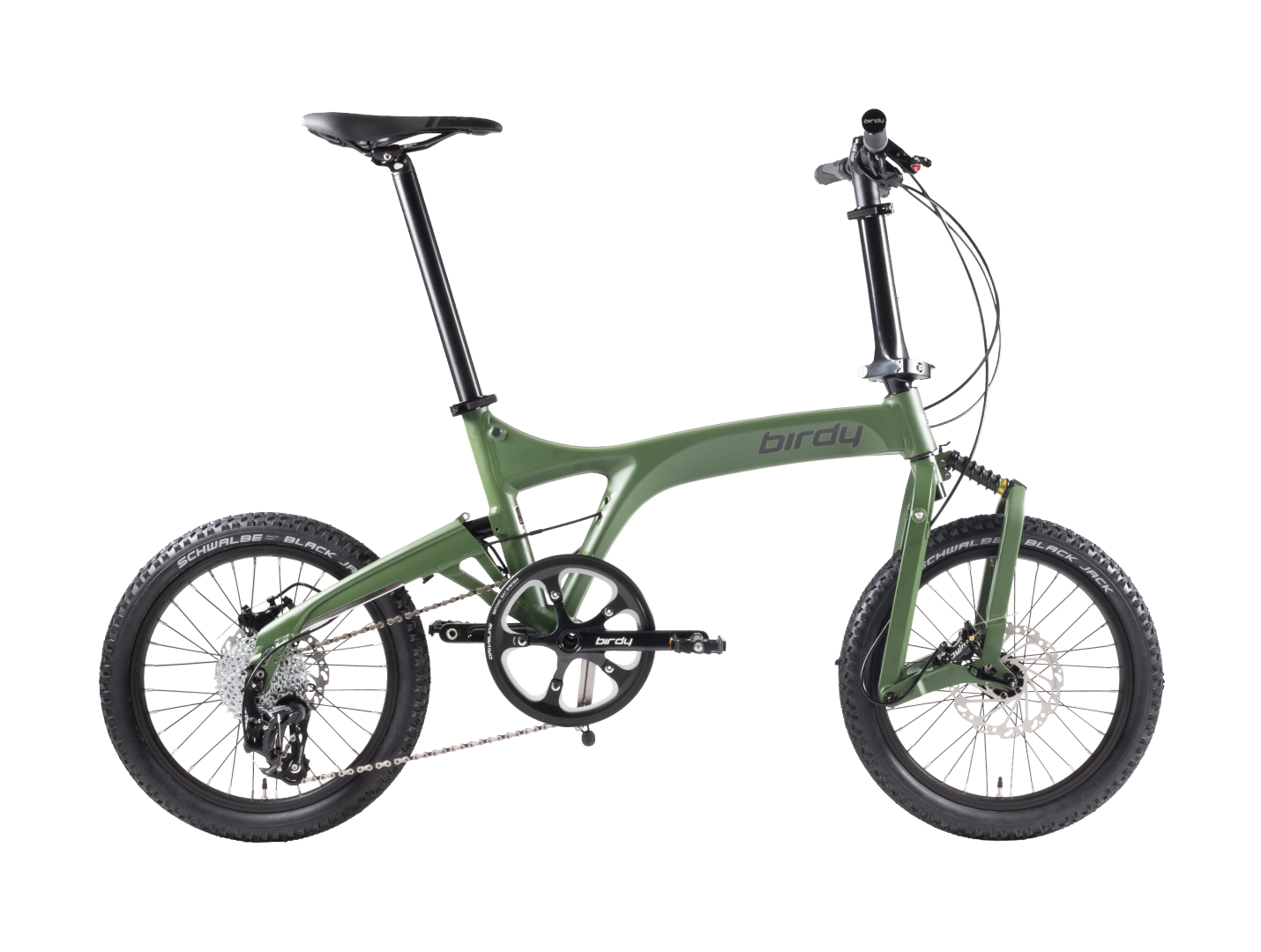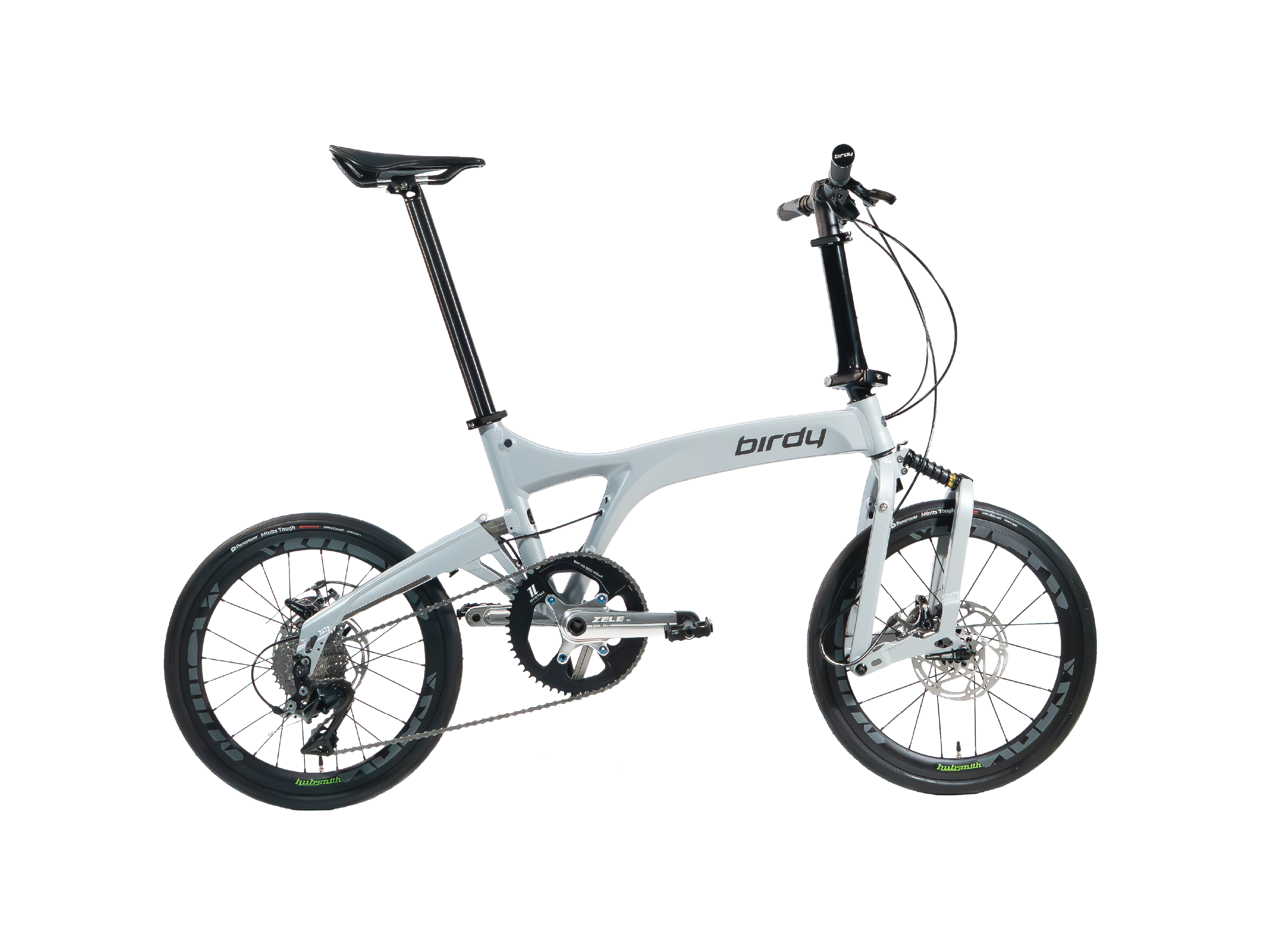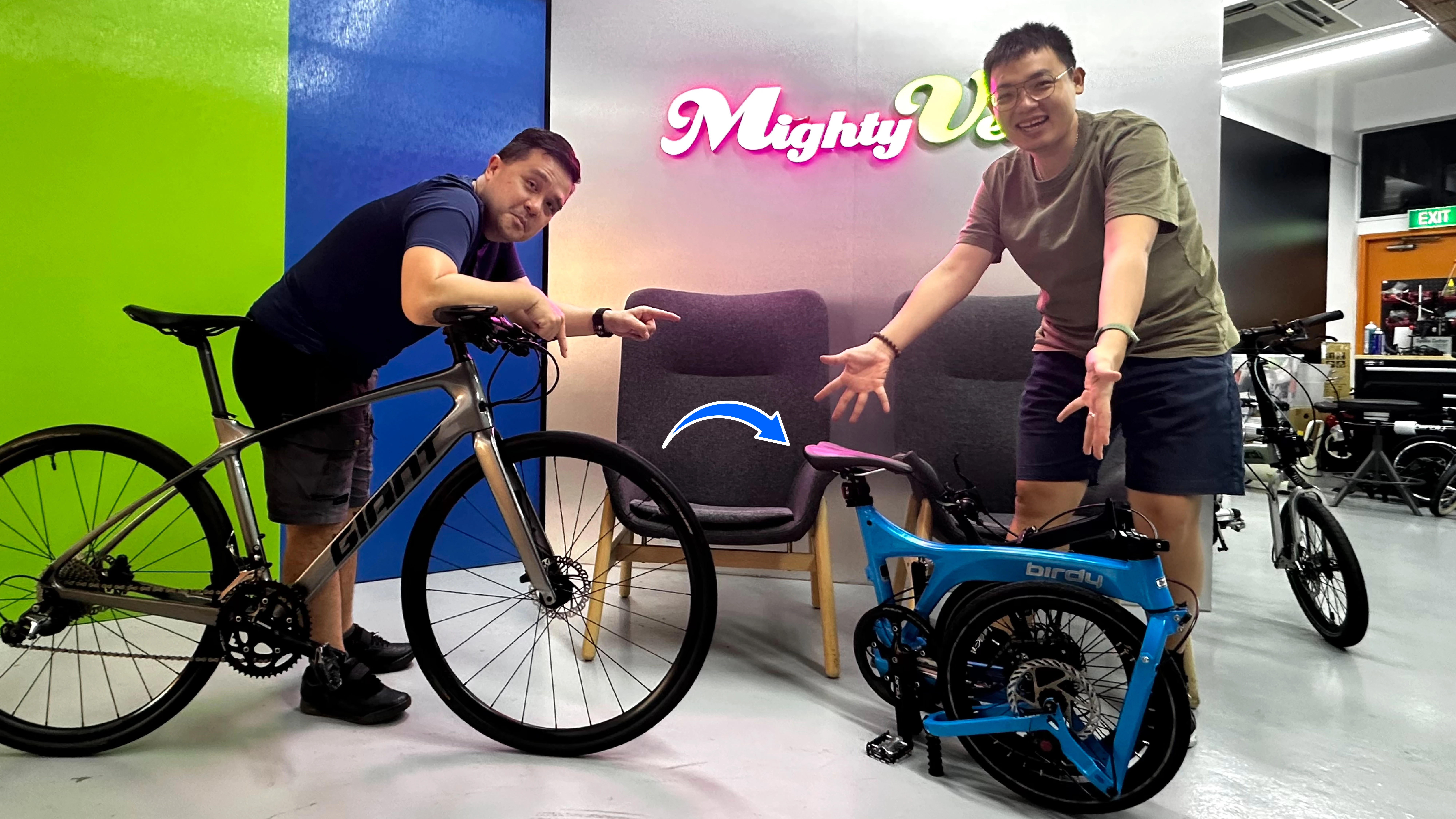Introduction
With urban landscapes evolving, the demand for versatile and space-efficient transportation solutions has led to a rise in the popularity of foldable bikes. However, a common question arises: are foldable bikes harder to ride than their non-folding counterparts?
In this article, I’ll examine the dynamics of folding bikes and the factors that may contribute to the perception that they’re harder to ride. We’ll examine things that set them apart from traditional bikes, including their smaller wheels and different frame design. Join us as we separate fact from fiction and unfold the truth behind common misconceptions about foldable bikes.
Frame geometry
Foldable bikes usually feature a different frame geometry than regular bikes. This is because their frames have to incorporate the folding mechanism and also achieve a more compact size when folded. These differences in frame geometry mean that most cyclists will have to adopt a somewhat different riding position on a foldable bike. In the majority of cases, this riding position will be more upright than they’re used to on conventional bikes.
Some may argue that this riding position is less intuitive and thus harder to get used to than that of a conventional bike. A foldable bike’s frame geometry might thus be one reason to claim that they’re more difficult to ride.
However, this claim is unfounded. It isn’t so much a matter of one riding position being less intuitive or more difficult than another as some people being more used to a certain riding position. Cyclists used to a traditional road bike’s riding position, where they lean forward, will find it initially difficult to adopt a more upright stance; while cyclists used to that upright stance will find it initially unintuitive to lean forward more when cycling. This “difficulty” will soon vanish once cyclists get more used to a newer riding position, which can happen within hours.
Furthermore, the claim that a more upright riding position is inherently more unintuitive than other positions doesn’t really hold up under scrutiny. People sit upright all the time, whether in chairs or while driving cars. One could argue that a more upright position is actually the more intuitive one.
One should also note that not all foldable bikes differ greatly from conventional bikes in terms of frame geometry. Some foldable bikes, especially those focused on delivering top-class performance, will mimic the frame geometry and riding position of a road bike. One such example is the Reach, renowned for performing like a road bike while still retaining foldability.
Frame rigidity
Folding bikes necessarily have to incorporate some sort of mechanism to allow the bike to be folded into a more compact form. In some folding bikes, particularly those designed to emphasize foldability over performance, this may compromise the rigidity of the frame and allow for a frame that flexes more. This flexibility might result in some slight loss of control and stability, particularly at high speeds.
However, not all foldable bikes share this disadvantage. Many higher-end folding bikes or bikes that focus more on performance are designed to eliminate this issue of lateral flex in their frames. Birdy bicycles, in particular, ingeniously combine the folding mechanism with their suspension mechanism so that their frame itself remains one rigid monocoque piece rather than compromising stability with multiple joints.
Wheel Size
Folding bikes almost always have smaller wheels than conventional bikes, as a result of their focus on having the most compact form possible once folded. Some may claim that these smaller wheels make foldable bikes more difficult to ride for two main reasons.
Firstly, with smaller wheels, every bump or obstacle in the road is felt to a greater extent. Folding bikes may thus be more sensitive to bumps in the road or uneven terrain, and susceptible to potholes and obstacles that may pose a safety hazard.
Secondly, smaller wheels result in a tighter turn radius. Some cyclists, unused to small wheels, thus find the handling and steering of foldable bikes more “twitchy” or hard to control.
It is important to note, however, that the wheel sizes on folding bicycles differ. Some folding bikes have larger wheels, such as the Birdy R20, whose 20-inch wheels offer greater stability and speed on the road. It would thus be a mistake to claim that all folding bikes are difficult to ride simply because some have smaller wheels.
Also, several foldable bikes feature suspension systems which absorb shocks and do a lot to alleviate any concerns about folding bikes being too sensitive to obstacles and bumps. Bicycles equipped with full suspension systems are not just more stable on uneven terrain, but they’re much more comfortable to ride overall, even if their wheels are smaller. Birdy bicycles are one example of a folding bike brand providing full suspension.
Finally, as for claims of “twitchy” handling due to the tighter turn radius, it’s again not so much a matter of difficulty as a matter of what the cyclist is used to. Although a cyclist used to conventional bikes might find it more difficult to get used to a foldable bike’s handling, with some practice he will have no issue with it. Furthermore, a tighter turn radius also means foldable bikes can be more easily maneuvered in tight spaces, which cyclists might even come to prefer.
Conclusion
After exploring various reasons behind the notion that foldable bicycles are inherently harder to ride, we can confidently conclude that these claims are ultimately inaccurate. While the unique features of a foldable bike differentiate them from traditional bicycles, modern engineering and smart design can ensure that the riding experience is not compromised.
Ultimately, how easy or difficult it is to ride a foldable bike comes down to choosing a well-designed bicycle that suits your individual preferences. At Mighty Velo, we have a wide range of folding bicycle models designed for maximum versatility, performance and comfort. With our folding bicycles, riding can be a breeze.














.png)
-01.png)







.webp)

.webp)









.webp)


.webp)
.webp)
















.jpg)







































